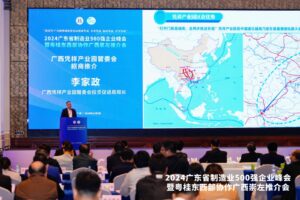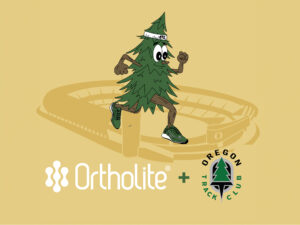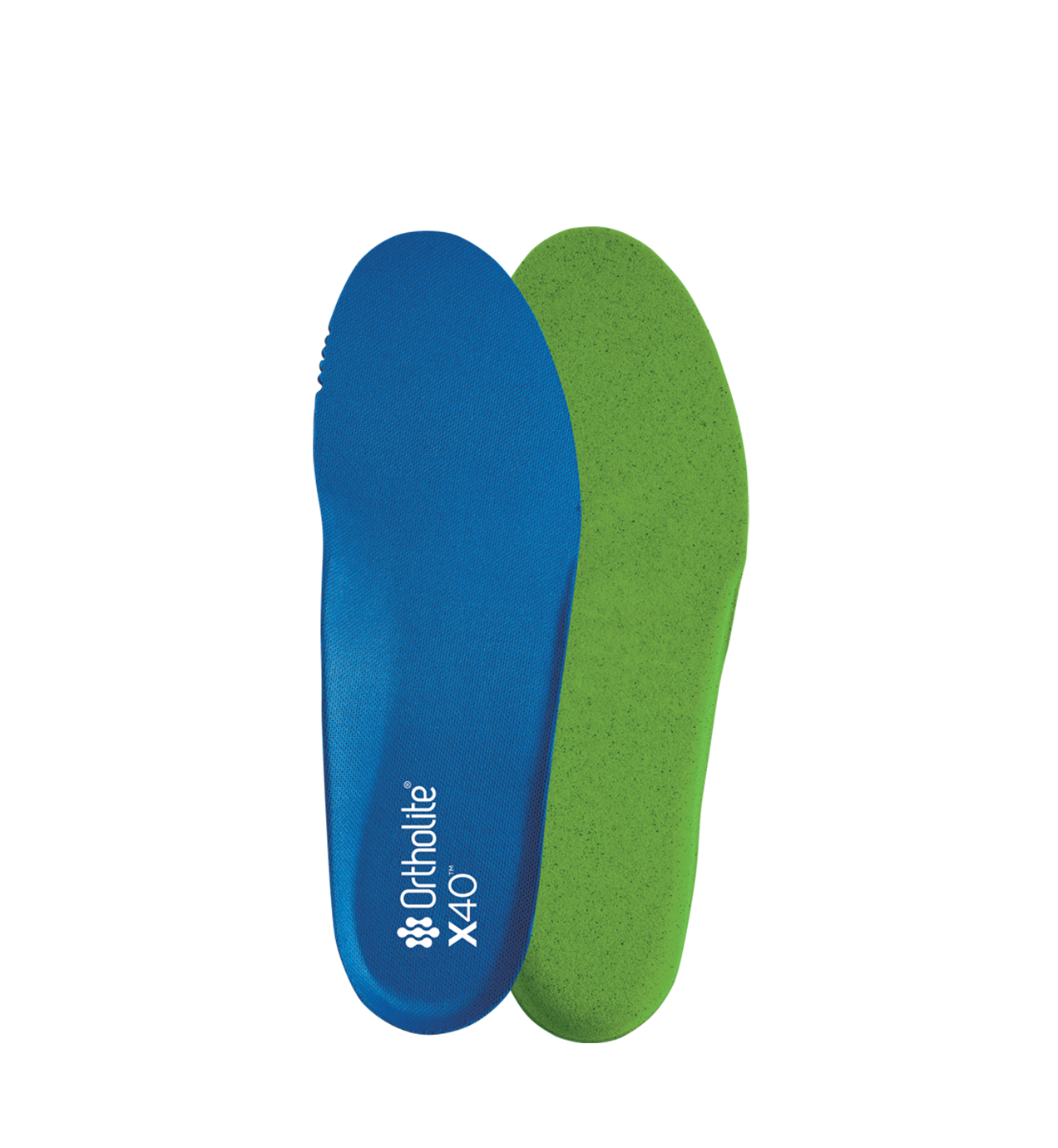The global footwear industry is in the midst of a significant global regulatory evolution in 2024. A suite of new compliance requirements for footwear manufacturers and brands aimed at enhancing sustainability and corporate responsibility are being enacted across our global supply chains. OrthoLite and Cirql have a unique purview into this ever-evolving regulatory landscape because we own and operate seven vertically-integrated manufacturing facilities located around the world. We have a team of 3100 people working full time across our manufacturing facilities adapting to and anticipating the many changes on the horizon to lessen the impact of footwear manufacturing. We are committed to sharing efficiencies to help the global footwear industry evolve and know that transparency is necessary for compliance. We can only reach a new level of excellence in transparency and best practices by working together across the supply chain.
With that, please read our first installment of what we plan to produce through the remainder of ‘24, a summary of the most impactful, recent rules and developments that comprise this evolving footwear manufacturing compliance landscape.
Listen to this post:
EU CSDDD
The EU Corporate Sustainability Due Diligence Directive (CSDDD) is designed to foster responsible corporate behavior by mandating companies to assess and mitigate their environmental and human rights impacts across operations and value chains.
Explaining the new rules, Forbes says “The new due diligence requirements apply not only to the direct actions of the company, but also to their subsidiaries and supply chain. EU based companies, as well as non-EU companies that conduct a set level of business in the EU, could become liable for the actions of their suppliers.”
The directive requires the identification of adverse impacts, enforcement through national supervisory authorities and the introduction of climate transition plans. After delays, this directive has been approved and will phase in based on company size over the coming years. Companies are urged to prepare for compliance, highlighting a significant step towards integrating sustainability into corporate governance across the EU.
EU EPR Program
Extended Producer Responsibility (EPR) is an environmental policy approach where manufacturers’ responsibility for their products is extended beyond the consumer phase, to the post-consumer stage of a product’s life cycle. This includes design, take-back, recycling and final disposal responsibilities. The aim is to encourage producers to incorporate environmental considerations into their product designs, thereby reducing waste and facilitating easier recycling.
EPR for packaging is already in force and demands due diligence around packaging types, quantity, etc. While it’s not law yet, EU Parliament has voted on new waste reduction measures focused on textiles. Implementation has not yet been discussed but could come in the form of a tax to fund infrastructure.
US Federal Trade Commission (FTC) Green Guides
The Federal Trade Commission’s Green Guides were first issued in 1992 to help marketers avoid making environmental claims that could mislead consumers. Current FTC Green Guides are already in place and will receive updates. The Guide restricts companies around what can and cannot be claimed about products. Law firm Morgan Lewis explains, “The Guides set out standards for environmental marketing and guidelines for how marketers can substantiate environmentally focused claims to avoid deceiving consumers and serve as a de facto roadmap or reference manual for companies.“ The Commission is currently requesting public comment through April 24. Specific topics this round includes, the use of “recyclable,” “recycled content” claims, the use of “pre-consumer” and “post-industrial” content claims, the use of “organic” claims, and “sustainable” and “sustainability” claims.
US SEC’s Climate Disclosure Rules
Expected in April 2024 public companies in the US will be required to report on their greenhouse gas emissions and other climate-related matters, aiming to standardize and enhance corporate climate disclosures. California also has climate reporting rules in progress.
NOTE: The US SEC Climate Disclosure rules are quite volatile and continue to prove to be dynamic. For example, the Rules are paused due to lawsuits (as of April 10, 2024), so it’s unclear what the true outcome and impact of these Rules will be to our businesses. More to come on this, a developing and important aspect of the compliance landscape, 2024.









